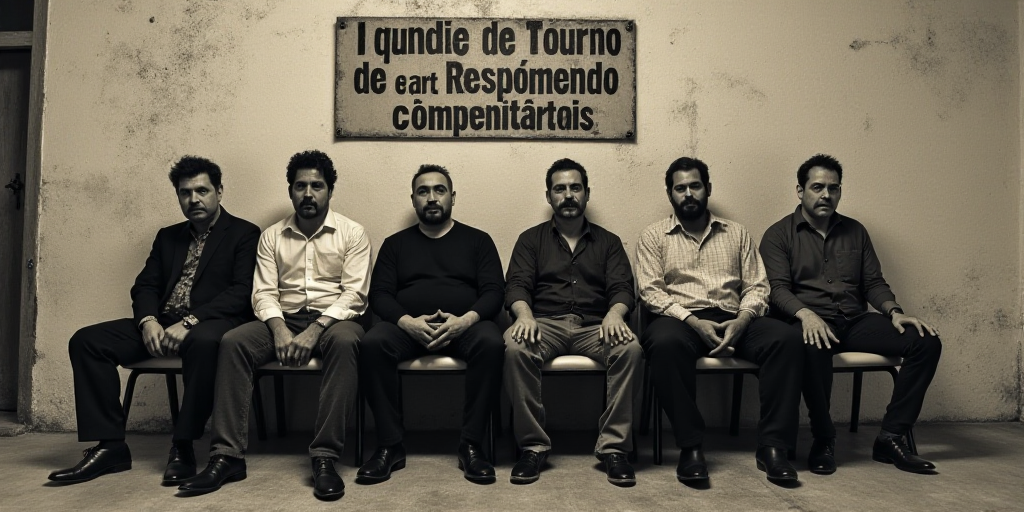Extortion Cases Surge by 82% in the Last Decade
In response to a sharp rise in extortion cases across Mexico, the federal government introduced the National Strategy against Crime yesterday.
During the first five months of 2023, Mexico recorded 4,882 victims of extortion, the highest number for this period since 2015, according to official data. This figure surpasses the 2,678 cases reported in the same timeframe of 2015, marking an 82.3% increase over a decade.
Compared to 2018, the year preceding the current administration, there’s also been significant growth. In the first five months of 2018, 2,735 victims were reported, indicating a 2,147 case increase in 2023, representing a 78.5% rise from that year.
March had the highest number of extortion victims this year with 1,046 cases, followed by February with 1,022 and May with 1,004. April had the fewest cases at 886, though this figure alone exceeds any recorded in 2015, 2016, or 2017.
Historically, April 2022 saw the most extortion victims in a single year between 2015 and 2023, with 1,141 cases reported, followed by May of the same year with 1,117.
The Plan
Facing this situation, authorities stated that the plan aims to strengthen institutional capabilities to dismantle criminal networks linked to this crime.
According to the Executive Secretariat of the National Public Security System, eight entities account for 66% of extortion complaints in the current administration: State of Mexico (2,049 dossiers), Guanajuato (879), Nuevo León (645), Mexico City (602), Veracruz (585), Jalisco (178), Michoacán (124), and Guerrero (47).
Multidisciplinary and specialized teams will be deployed in these regions, involving the National Guard, the Army, the Navy, the FGR, the UIF, and local governments. The strategy, directed by President Claudia Sheinbaum, is supported by the new National System for Investigation and Intelligence Law.
“Apprehending those committing this crime is a direct way to protect the livelihoods of thousands of hardworking families who, every day, strive and honestly run businesses, cultivate land, transport goods, or provide services,” expressed García Harfuch.
Key actions include: intelligence-driven arrests, training for emergency hotline 089 operators, freezing bank accounts linked to the crime with assistance from the Financial Intelligence Unit, requesting judicial orders for blocking lines and devices used for extortion calls from prisons, and operations in correctional facilities to secure communication equipment.
Since March 2023, over 60 cases have been channeled into successful detentions and operations thanks to citizen collaboration and the Citizen Security Observatory.
Some of those arrested include Santiago “N” in Tabasco while collecting an extortion payment, dismantling a cell known as La Barredora; Alfredo “N” accused of extortion, homicide, and arms trafficking in Zacatecas; and three individuals in Quintana Roo allegedly linked to drug distribution and extortion.
Prisons
Alejandro Gertz Manero, the Federal Attorney General, emphasized that although extortion is a common law offense, the federal government is obligated to protect citizens without distinction.
“We have identified prisons where telephone extortion operations are conducted. We will file common law charges against anyone involved and publicly report each month which correctional centers are implicated,” he said.
He also announced that he will convene all state attorneys on August 1 to establish a national commitment for reporting and tracking such cases.
As part of the strategy, a nationwide prevention campaign will be launched with support from media and private initiative. Cashiers in convenience stores and banks will be trained to prevent extortion deposits, while hotel receptionists will learn to detect virtual kidnappings and suspicious calls.
The 089 hotline will be promoted as the official channel for anonymous extortion complaints.






